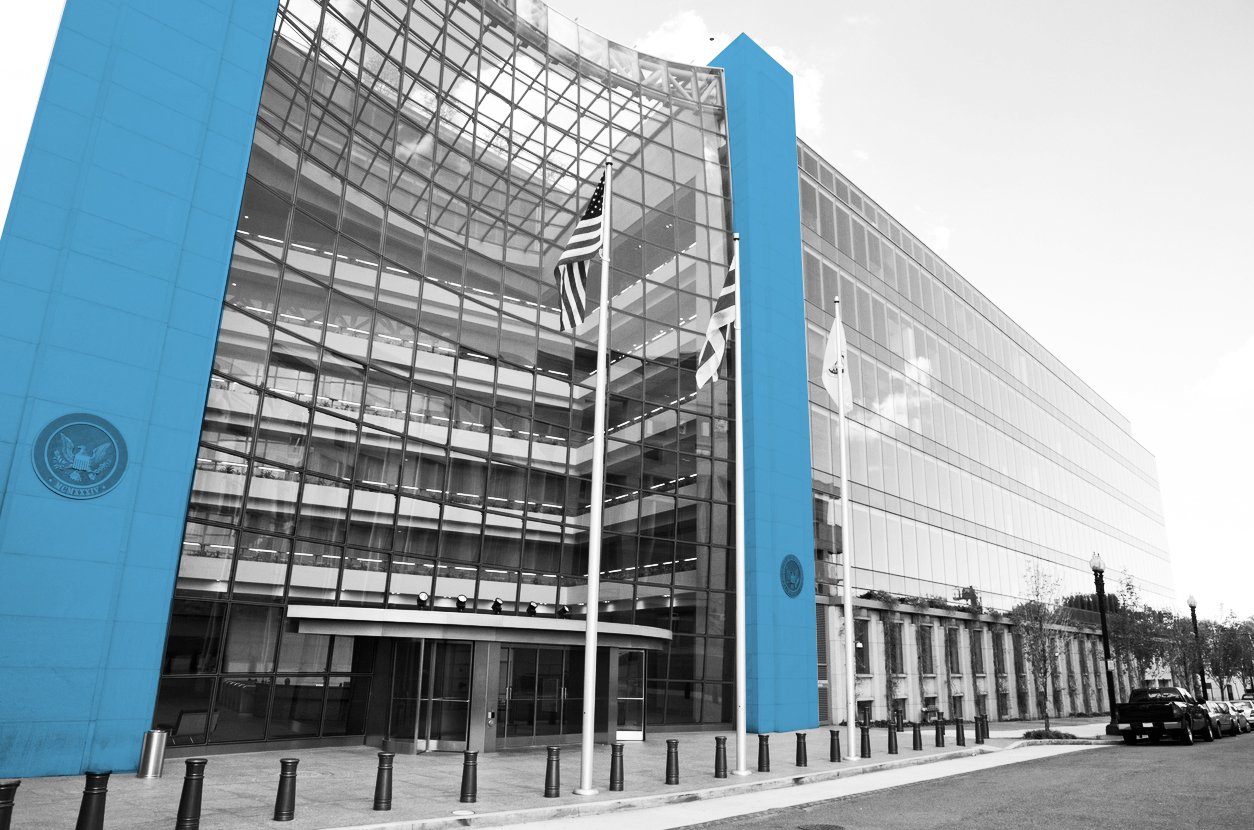In the past week the SEC has demonstrated its continued focus on insider trading and Rule 10b5-1 trading plans under Chairman Gary Gensler’s watch.
First, the SEC’s December 2022 amendments to Rule 10b5-1 of the Securities Exchange Act took effect. These amendments increase the requirements on company insiders who adopt 10b5-1 trading plans in the following ways:
Mandatory Cooling Off Periods: The amendments require corporate officers or directors who enter into Rule 10b5-1 trading arrangements to observe a cooling-off period of up to 120 days before any trading may commence. The new amendments also mandate a cooling-off period of 30 days for trading arrangements for people other than issuers, directors or officers.
Good Faith Certification Re: Material Non-Public Information: Directors and managers adopting or modifying a 10b5-1 plan must now certify that they are not aware of any material nonpublic information about a company or its securities and that they are adopting the plan in good faith.
Prohibition on Overlapping Plans: The amendments restrict the use of multiple overlapping trading plans and limit the ability to rely on the affirmative defense for a single-trade plan to one single-trade plan per twelve-month period for all persons other than issuers.
Enhanced Disclosure Requirements: The amendments require more comprehensive disclosure about issuers’ policies and procedures related to insider trading, including quarterly disclosure regarding the use of Rule 10b5-1 plans; the timing of options grants and the release of material nonpublic information; and a requirement to report any option awards beginning four business days before the filing of a periodic report or a Form 8-K that discloses material nonpublic information. Furthermore, insiders that report on Forms 4 or 5 will be required to indicate that a reported transaction was intended to satisfy the affirmative defense conditions of Rule 10b5-1(c) and to disclose the date of adoption of the trading plan.
Second, the SEC announced an enforcement action for insider trading with respect to trades made pursuant to a 10b5-1 plan. The SEC brought this enforcement action against the Executive Chairman of Ontrak, a health care company based in Santa Monica, for selling more than $20 million in stock while he was aware of the company's deteriorating relationship with a major customer. The defendant, Terrence Peizer, allegedly sold his stock after he had entered into Rule 10b5-1 trading plans. The SEC alleged that Peizer entered into those plans while in possession of material nonpublic information. Parallel criminal charges also were brought against Peizer.
For more information regarding insider trading, and SEC-related issues in general, please contact one of Alto Litigation’s partners: Bahram Seyedin-Noor, Bryan Ketroser, or Joshua Korr.
****
Disclaimer: Materials on this website are for informational purposes only and do not constitute legal advice. Transmission of materials and information on this website is not intended to create, and their receipt does not constitute, an attorney-client relationship. Although you may send us email or call us, we cannot represent you until we have determined that doing so will not create a conflict of interests. Accordingly, if you choose to communicate with us in connection with a matter in which we do not already represent you, you should not send us confidential or sensitive information, because such communication will not be treated as privileged or confidential. We can only serve as your attorney if both you and we agree, in writing, that we will do so.
The materials on this website are not intended to constitute advertising or solicitation. However, portions of this website may be considered attorney advertising in some states.
Unless otherwise specified, the attorneys listed on this website are admitted to practice in the State of California.

